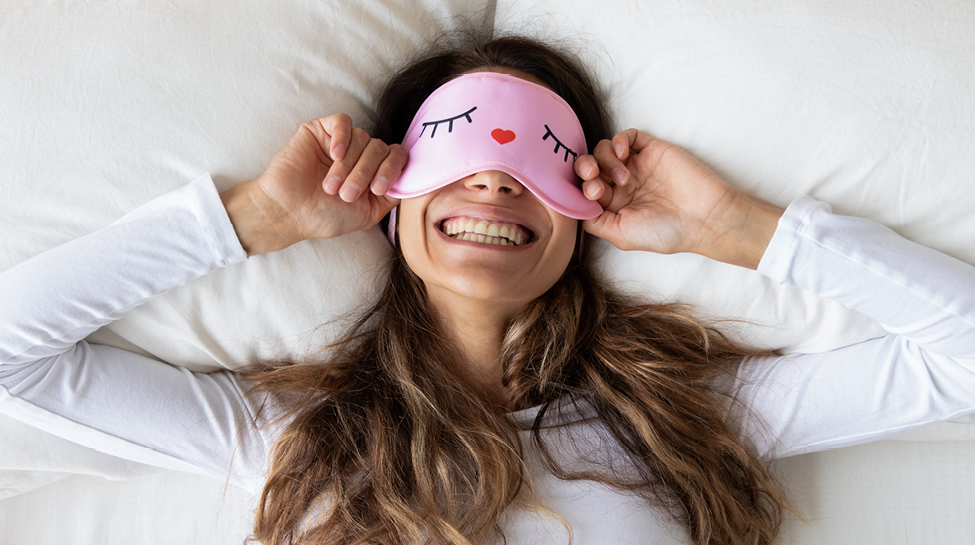If you can’t snooze, you lose. Once you realize how much sleep affects your energy level, brain function, metabolism, body weight, immune response, and mood, you’ll see why these six strategies give quality-sleep habits the wake-up call they deserve:
- Increase bright light exposure during the day. Natural sunlight or bright light during the day keeps your circadian rhythm healthy and helps to improve sleep quality and duration.
- Reduce blue light exposure in the evening. The biggest blue light offenders? Smartphones and tablets. Blue light tricks your body into thinking it’s daytime. Make it a priority to turn off devices at least two hours before bedtime
- Get to bed on time (at the same time). Being consistent with your sleep and wake-up times can aid long-term sleep quality. We live up to our true sleep potential by sticking to a healthy schedule during the week as well as on weekends.
- Skip spirits. Alcohol negatively affects our hormones and sleep patterns, and dehydrates the body (removing fluids at a quicker rate than other liquids). It can also interrupt nighttime melatonin production.
- Lower your bedroom temperature. Body and bedroom temperatures can have a big impact on quality of sleep. Around 70°F is comfortable for most people, but test out a few temperatures to determine what’s best for you.
- Avoid caffeine. Whether you drink coffee, tea, or an energy drink, the caffeine can stay elevated in your bloodstream for up to eight hours. Try to limit late afternoon or evening caffeine fixes to help your body get ready for sleep at bedtime.
More online

